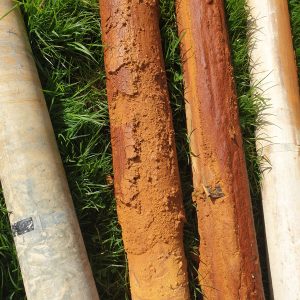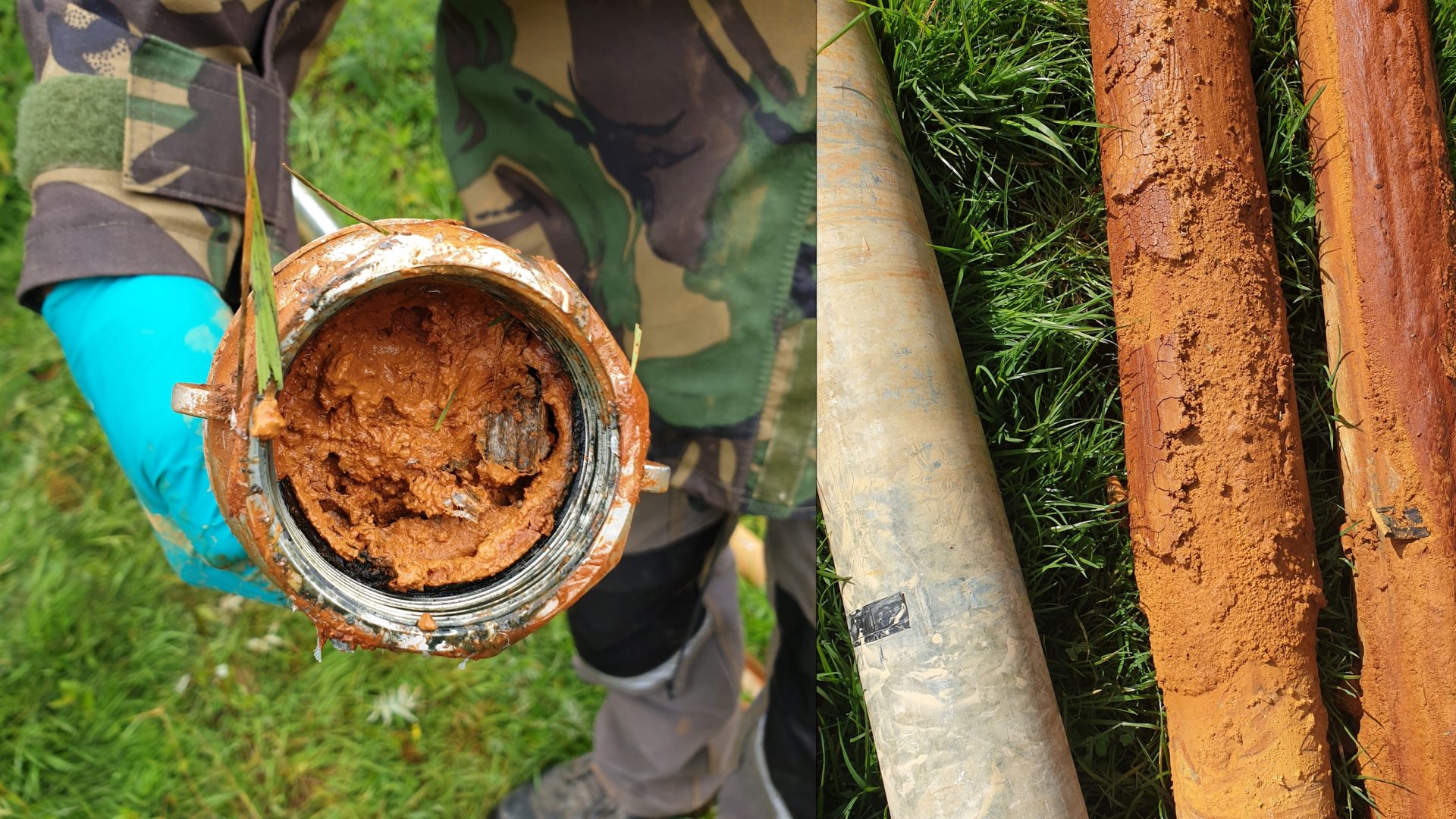When it comes to the UK’s drinking water, there can be no compromise on quality. Strict controls are in place to ensure it is safe to drink, yet when water companies need to use a chemical treatment solution to tackle a build-up of bacteria in a potable water supply borehole, there appears to be some confusion.
Regulation 31, which is governed by the Drinking Water Inspectorate (DWI), covers chemicals and construction products used by water undertakers – from the source of the water up to the point of delivery to the consumer’s building.
What is less widely-known, is that since 2015, it is no longer required for products and substances intended for ‘disinfestation, disinfection or cleaning agents’ used in waterworks apparatus and distribution systems.
Despite this change, the team at Geoquip Water Solutions, which provides the BoreSaver range of water treatment solutions, say many water companies still labour under the misapprehension that Regulation 31 approval is necessary.
Geoquip’s Mike Deed, says: “The DWI has made it clear that these type of cleaning products, which are intended for use when borehole equipment has been taken offline, are no longer covered by Regulation 31.
“It has handed responsibility to the water companies to take a risk-based approach in determining if using such a product presents an acceptable risk. Unfortunately, we find this news hasn’t filtered down as it should have done and we are still regularly asked if we have Regulation 31 approval.”
The Geoquip team regularly finds itself reassuring customers that approval is no longer necessary and instead, provides expertise and advise to help solve problems quickly and easily.

Most often, this is when a potable water supply borehole becomes blocked with residue and biofilm caused by a build-up of bacteria. This causes obstructions in the pipes and pumping equipment, reducing the flow of the water and potentially, the quality too.
Geoquip recommends a combination of a mechanical clean to remove the immediate problem, and then a chemical treatment solution to tackle any remaining slimy biofilm and residue. If this is left behind, it will continue to act as a breeding ground for bacteria and then the cycle begins again.
Although some companies still rely on chemical sterilising agents, these rarely have any long-term impact on bacteria, which is why Geoquip suggests using its BoreSaver water treatment solution products.
These are proven to be effective on different types of bacteria, including iron-related bacteria, iron manganese and calcium carbonate. As well as being completely biodegradable, the solution contains a marker which gives an instant all clear to demonstrate any remaining chemical residue has been removed.
The range is accredited by the US-based NSF, providing official fact-based 3rd party evidence that, when used properly, BoreSaver is safe to use in potable water supplies.
It is the first time such a standard has been achieved in the UK market and it is believed to be the only NSF-approved product in the European marketplace.
“Given the onus is now on water companies to undertake their own risk assessment for cleaning products, it helps them to see that BoreSaver meets the appropriate criteria to prove their water supplies will be clear of any chemicals before boreholes are put back online and into production,” concluded Mike Deed.
By using a BoreSaver treatment programme to restrict regrowth of bacteria, Geoquip says it also potentially increases the amount of time between cleaning cycles and helps improve future performance.
For more information, visit www.geoquipwatersolutions.com



